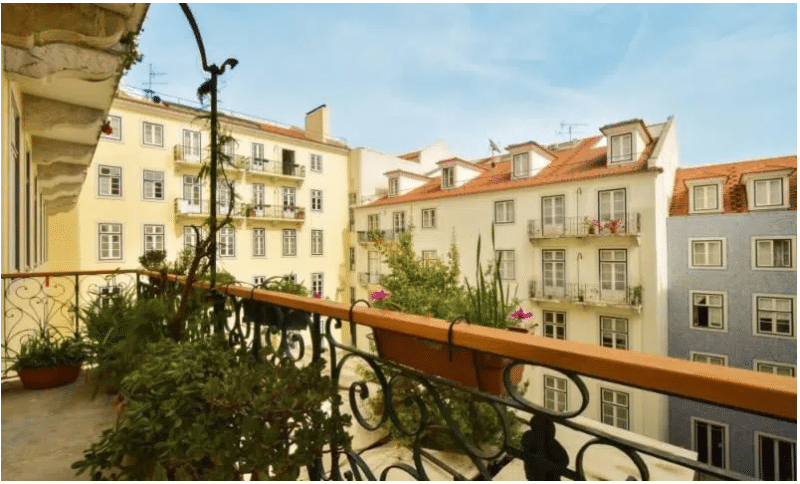Driven by a tourism boom that saw the average price per square metre soar, a new study by real estate consultants CBRE revealed that rental prices have risen by 23 percent over the past year, to around €830 a month. In new properties, that figure rises to €1,070 a month. The most expensive area in which to rent in the capital is Park of Nations, where the average monthly rent is around €1,080, followed by Avenidas Novas, at €998 a month. This news come hot on the heels of research released last month that property prices in Lisbon city centre have boomed.
According to figures by the Confidencial Imobiliário index, the cost of real estate in Lisbon’s historical centre rose by ten percent during the second half of 2016, while prices in theother older areas of the capital rose by 19 percent overall last year when compared with 2015.
Researchers further revealed that property prices in the historic centre have been rising for the past two and a half years.
A total of just under 2,300 properties were sold in this area last year at a total cost of 700 million euros. Lisbon’s popularity – and consequent soaring rental and property prices – are perhaps not surprising after the city has in recent years scooped a series of accolades and achievements that consolidate it as a desirable destination. These include ranking 43rd on the Quality of
Living Index, and regularly being ranked as a must-see destination at the top of international must-see lists.
In January this year, it was ranked by passengers on British airline Jet2 as their favourite destination, and that same month the Portuguese capital, Porto and Funchal were all placed in the top 100 destinations by over 200 million reviews by online travel site Trivago.
Source:
ThePortugalNews.com




